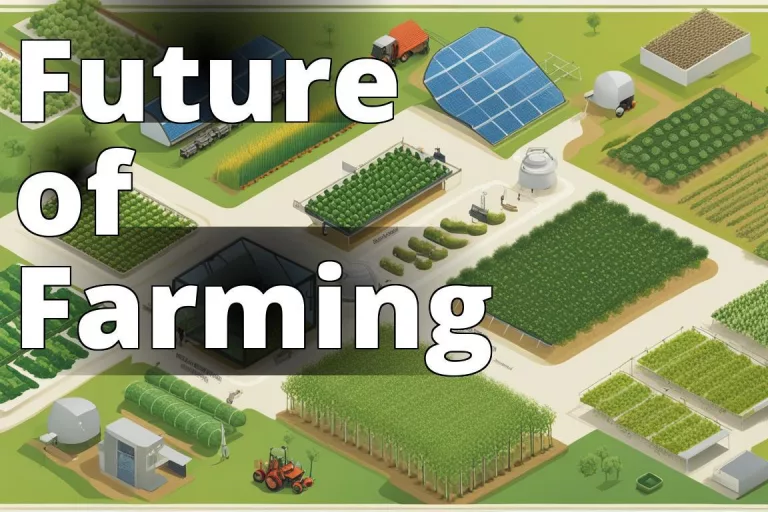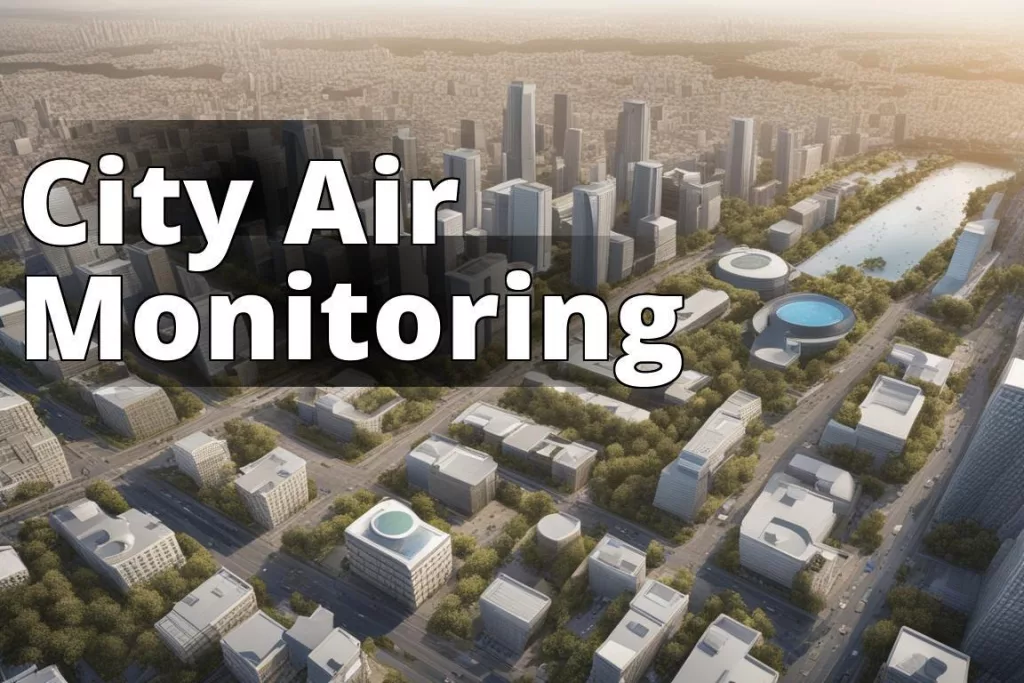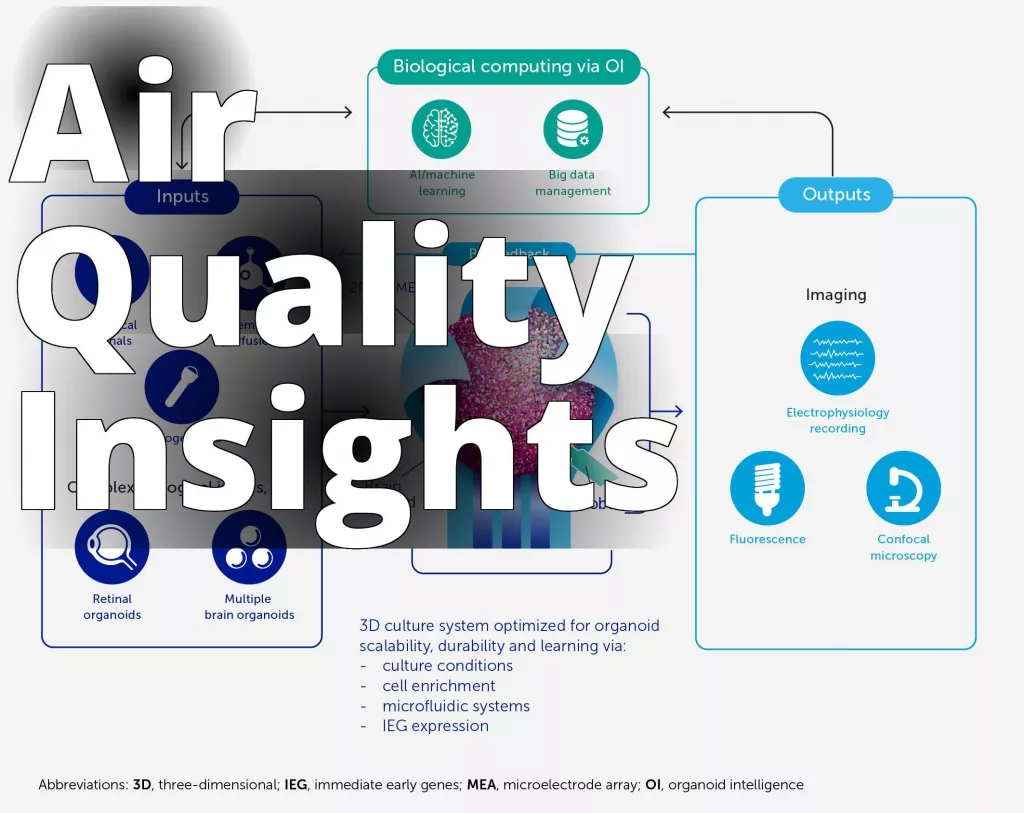In a world grappling with the dual challenges of feeding a burgeoning population and combating climate change, the emergence of sustainable agriculture technologies is not just welcome; it’s revolutionary. To understand the significance of these innovations, one must peel back the layers of traditional farming practices, often criticized for their heavy carbon footprint and unsustainable resource usage. This article embarks on a journey through the top 10 sustainable agriculture technologies, offering not just a glimpse into the future of farming but a vivid portrayal of a revolution underway.
Learn about Sustainable Agriculture Technologies
You will learn:
– Precision agriculture uses data for efficient farming.
– Vertical farming maximizes space for crop production.
– AI, machine learning, and drones improve farming practices.
1. Precision Agriculture
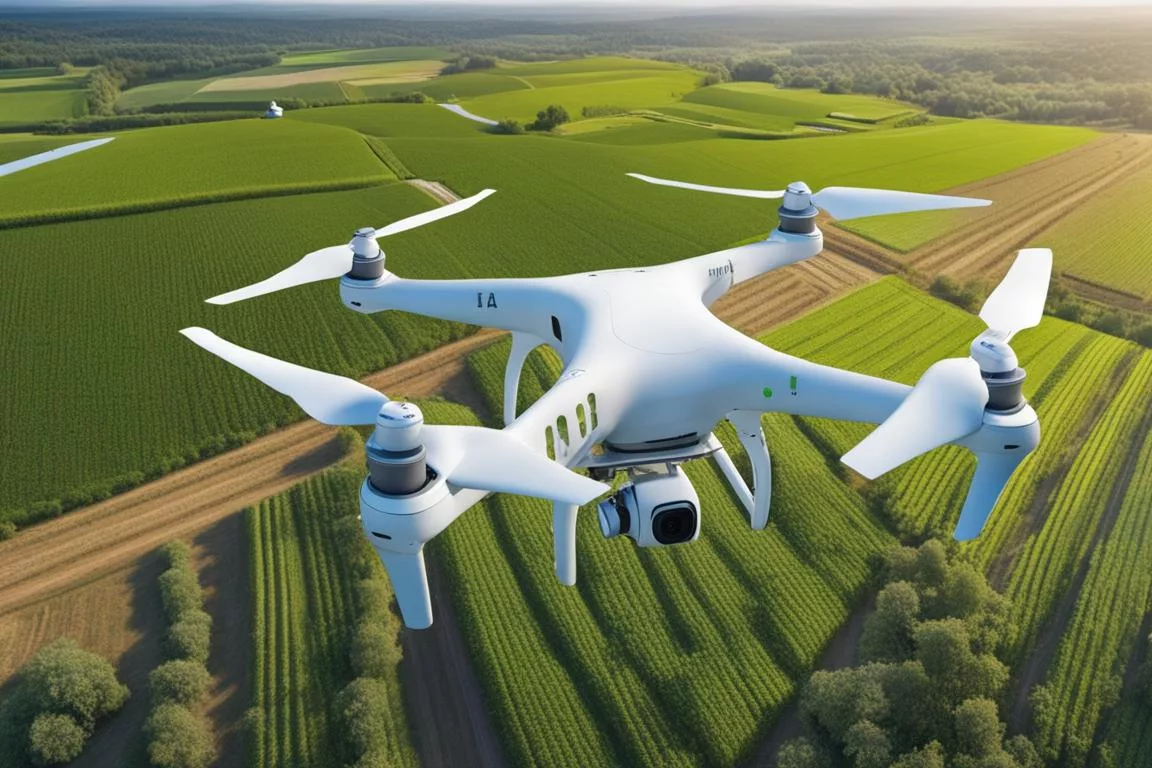
Imagine farming so advanced that every drop of water, every seed, and every square inch of soil is utilized to its maximum potential. That’s precision agriculture for you. Utilizing GPS, IoT devices, and data analytics, precision agriculture allows farmers to micro-manage their fields. It’s about being smart with resources, reducing waste, and enhancing yields. I remember talking to a farmer who halved his water usage but increased his yield by 20% through precision irrigation systems. This isn’t just farming; it’s a meticulous science.
Insider Tip: Combining soil health sensors and aerial imagery from drones can give you an unparalleled understanding of your farm’s needs.
2. Vertical Farming
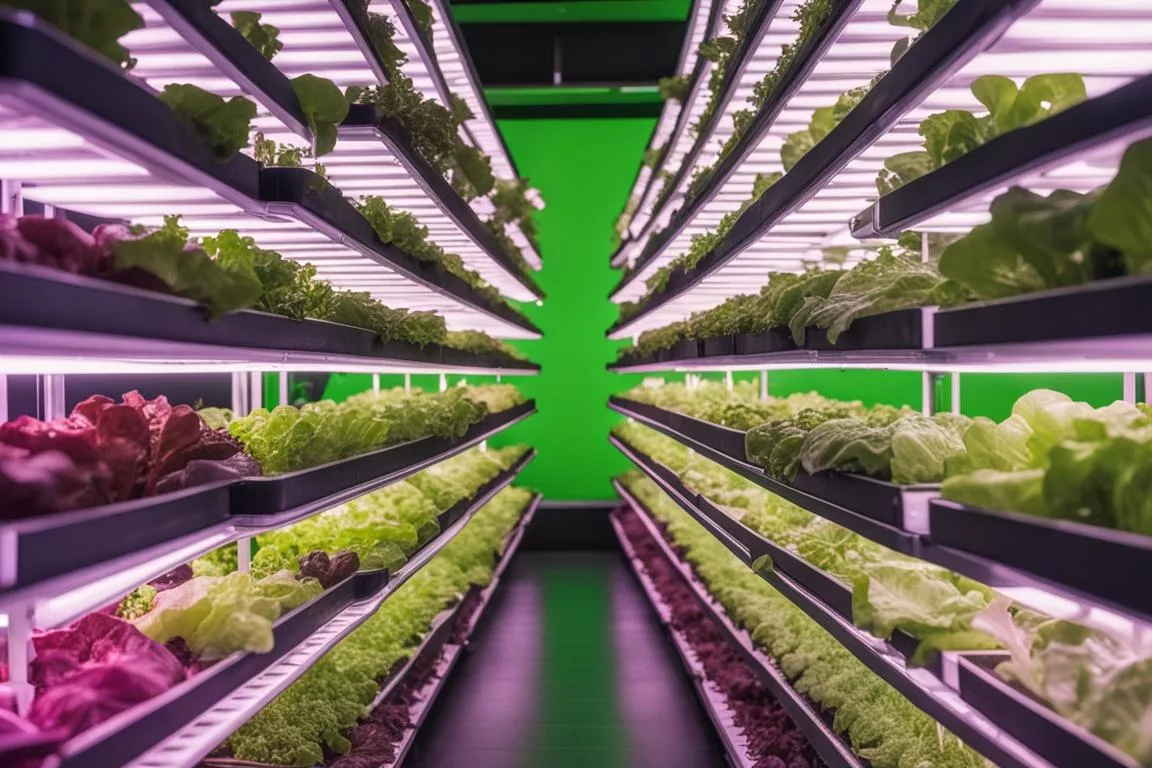
Vertical farming is not just an agricultural technique; it’s a bold reimagining of how we grow food. By stacking crops in vertical layers, often within controlled environments like warehouses, vertical farming slashes land use, water consumption, and eliminates the need for pesticides. The most striking part? It can be done anywhere, from the heart of urban jungles to deserts. For those living in cities, imagine picking up your greens from a farm just a few blocks away. This is local produce redefined.
3. Agroforestry
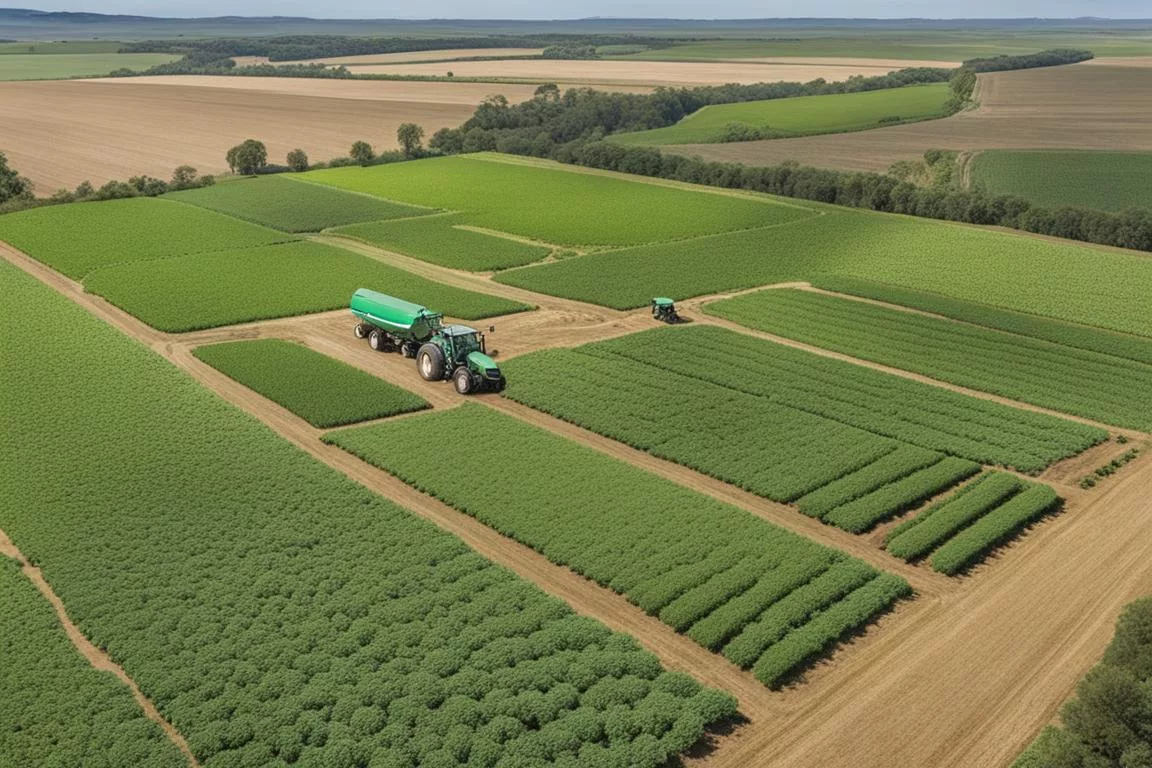
Marrying agriculture with forestry, agroforestry is a testament to the harmony between human food needs and ecological stewardship. This approach integrates trees and shrubs into agricultural landscapes, promoting biodiversity, enhancing soil health, and providing additional income sources through timber or fruit. It’s a stark contrast to the monoculture farms we’re accustomed to, offering a glimpse into a future where farming works with nature, not against it.
4. Hydroponics
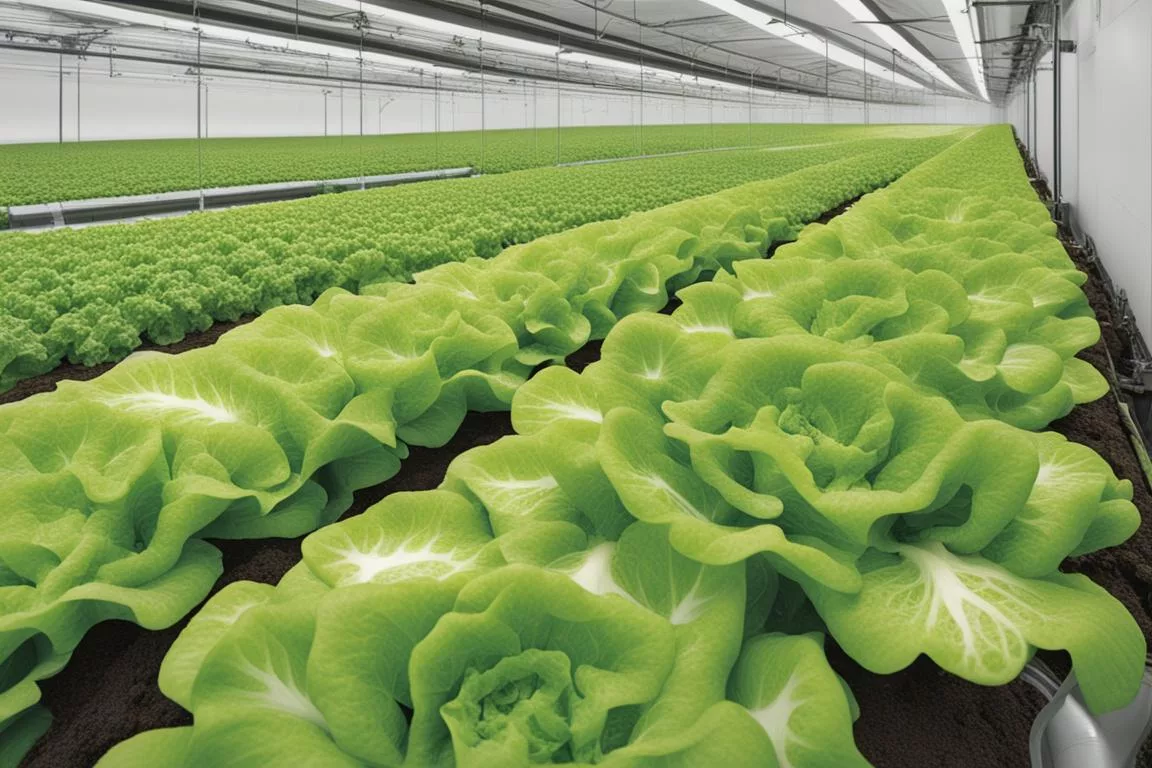
Soil-less farming might sound like something out of a sci-fi novel, but hydroponics is making it a reality. By growing plants in a nutrient-rich solution, hydroponics allows for faster growth rates and higher yields, all while using 90% less water than traditional farming. My first encounter with a hydroponic farm left me in awe at the sheer efficiency and space savings. It’s a game-changer for producing fresh food in water-scarce regions.
5. AI and Machine Learning
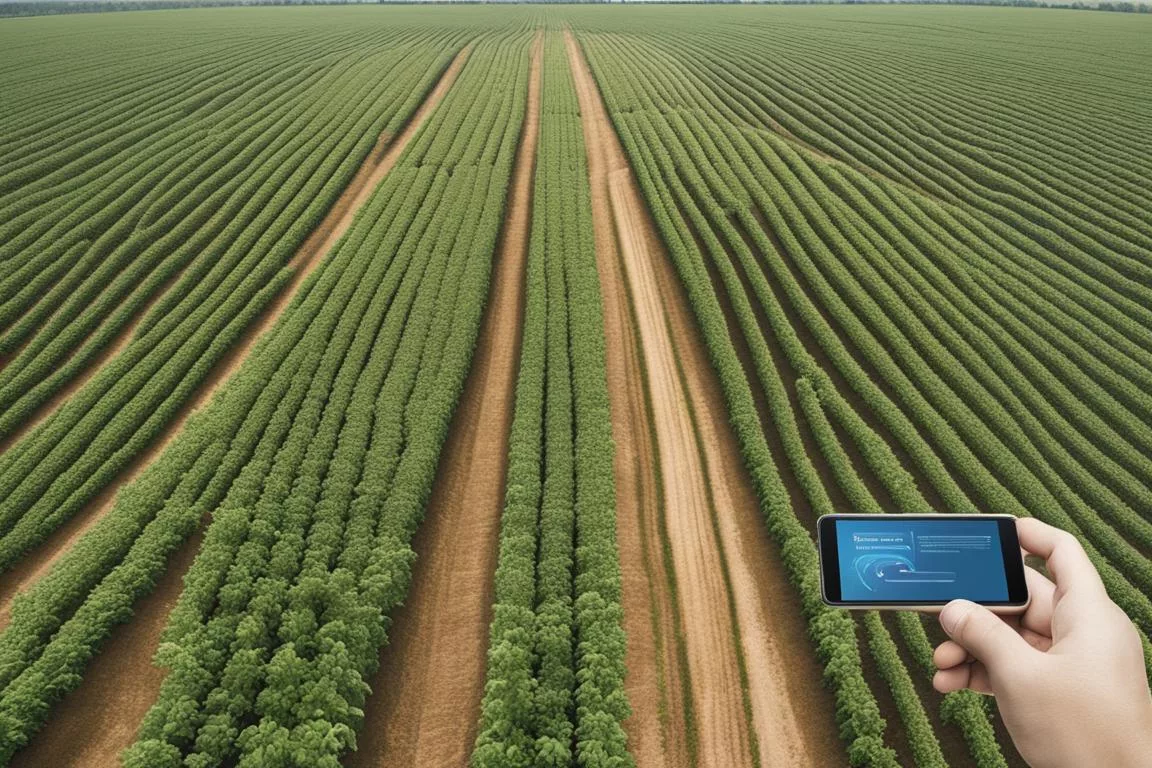
The role of AI and machine learning in sustainable agriculture cannot be overstated. From predicting optimal planting schedules to diagnosing plant diseases through image recognition, AI is revolutionizing how we approach farming. I’ve seen farmers move from reliance on age-old practices to data-driven decision-making, significantly boosting their farm’s productivity and resilience against climate variability.
Insider Tip: Leverage AI to analyze drone imagery for early pest detection and disease management.
6. Drones
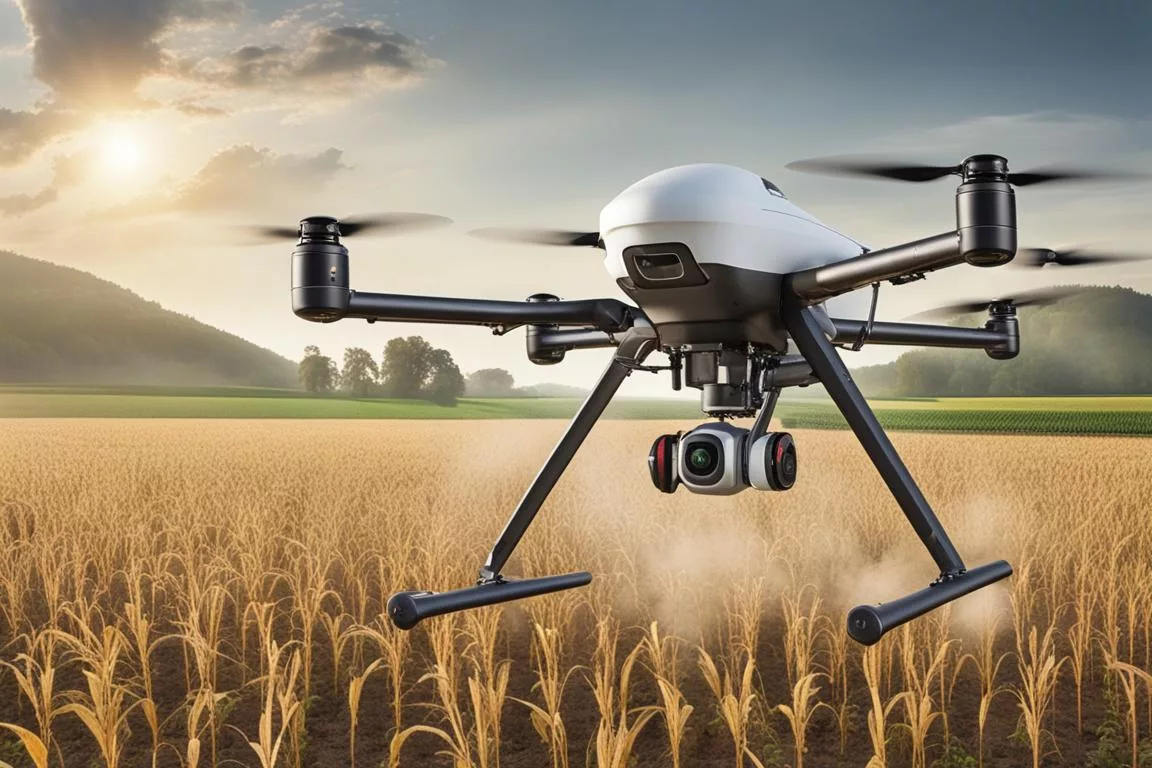
Drones, once the purview of hobbyists and photographers, are now pivotal in sustainable farming. They’re used for everything from planting seeds to monitoring crop health and applying fertilizers or pesticides precisely where needed. This reduces the overall chemical usage, protecting the environment and saving costs. The sight of drones buzzing over fields, doing in hours what used to take days, still amazes me every time.
7. Livestock Biometrics
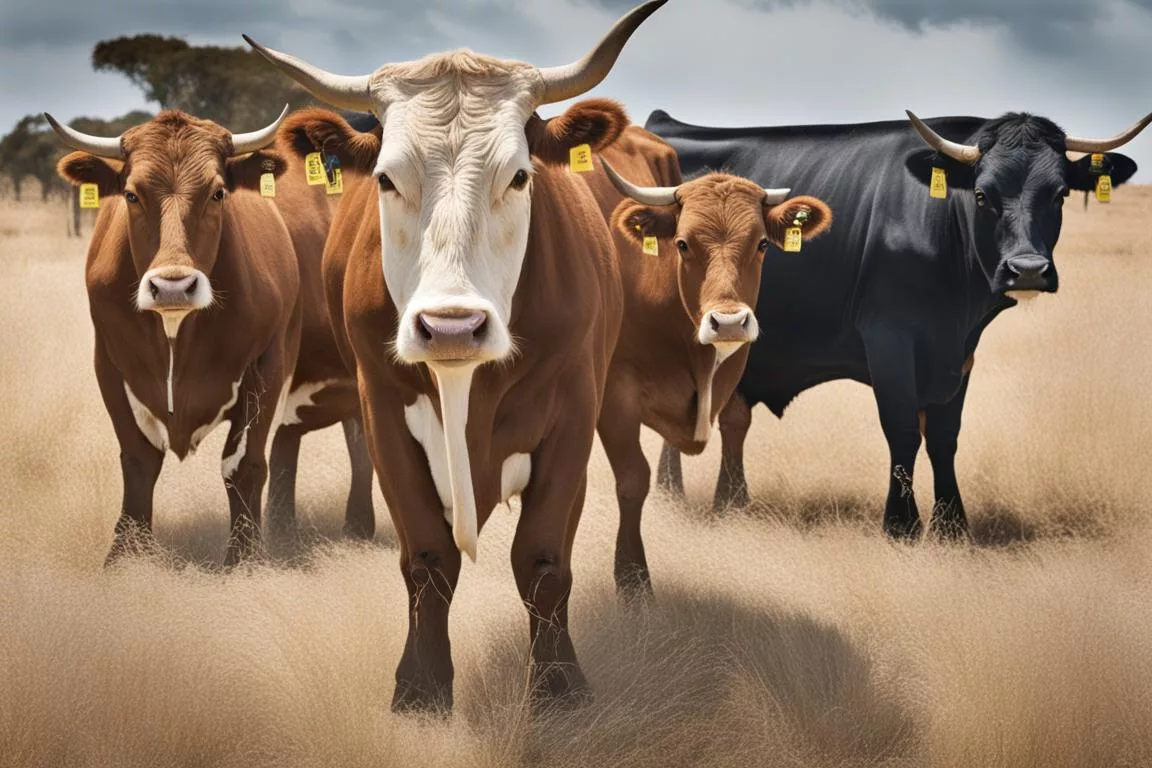
In the realm of livestock management, biometric sensors are a game-changer. These devices monitor the health and well-being of animals, providing real-time data on their physiological state. This technology not only improves animal welfare but also enhances productivity and disease management. It’s a compassionate approach to livestock farming, ensuring animals are healthy, happy, and productive.
8. Soil Health Sensors
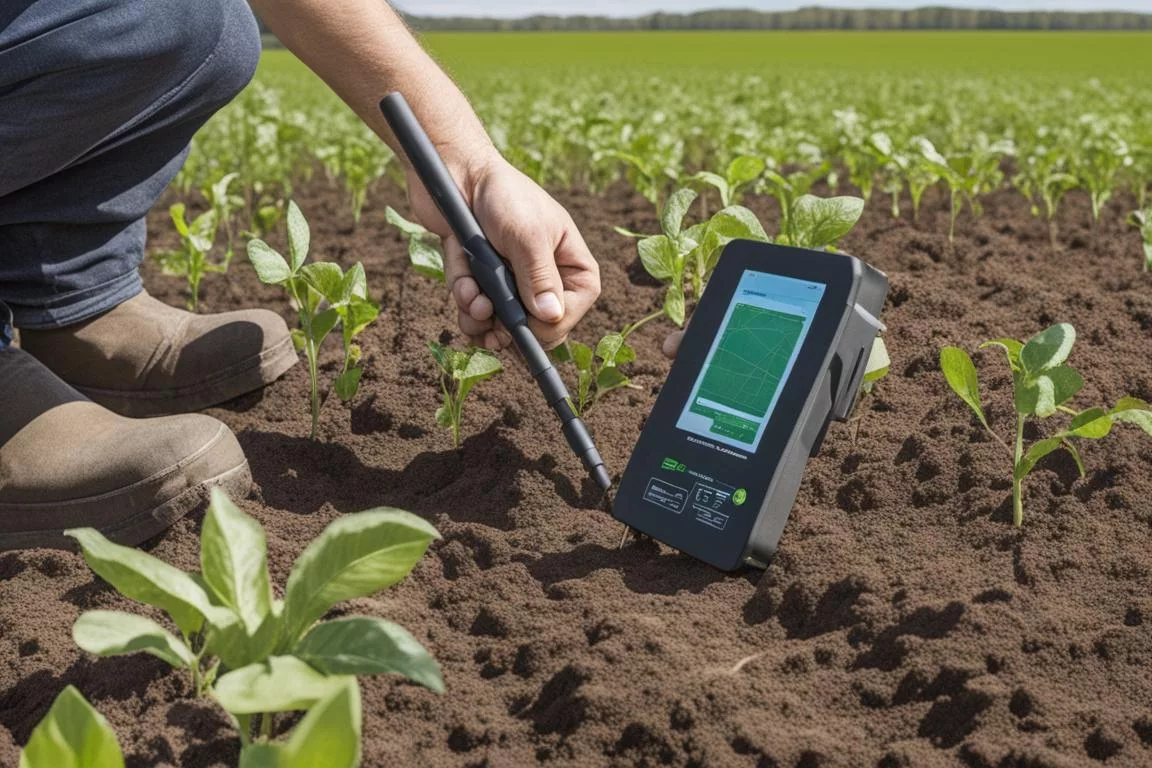
Soil is the foundation of agriculture, and maintaining its health is paramount. Soil health sensors provide crucial data on moisture levels, pH, temperature, and nutrient content, enabling farmers to make informed decisions about irrigation and fertilization. This precision approach to soil management ensures crops get exactly what they need, reducing waste and enhancing growth.
9. Blockchain
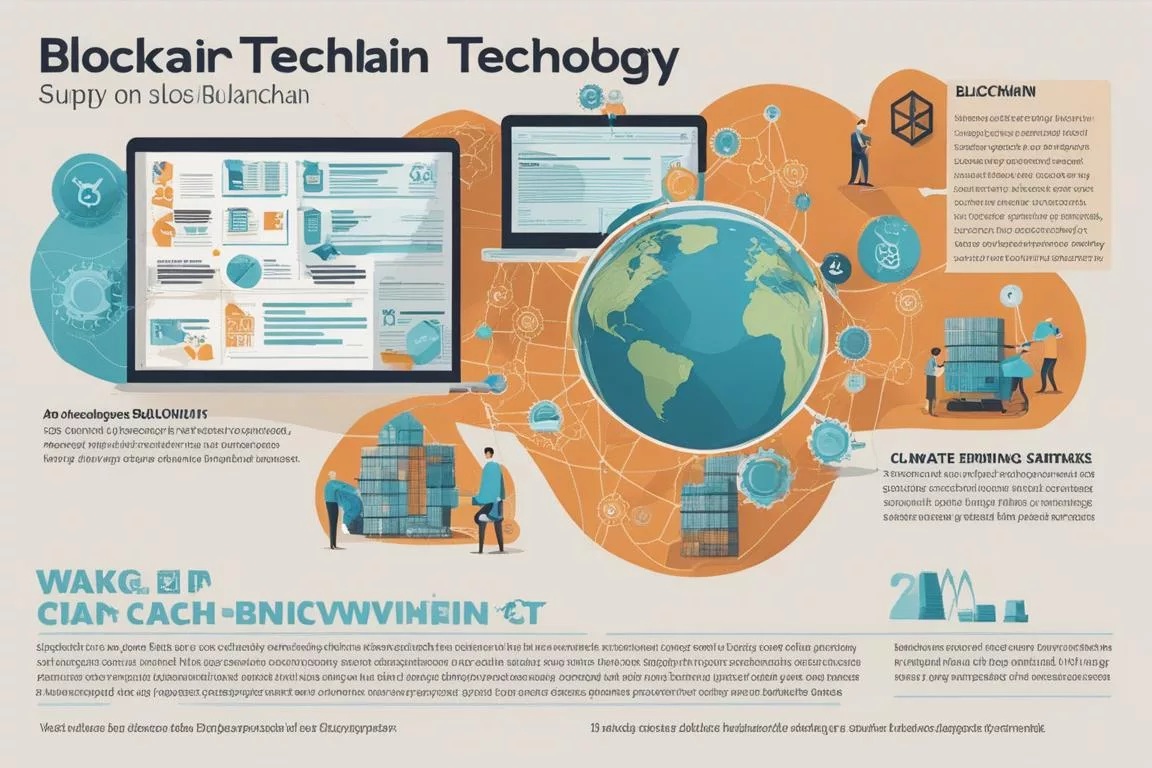
Blockchain might be more associated with cryptocurrencies, but its application in sustainable agriculture is profound. By creating a transparent, immutable ledger, blockchain technology ensures traceability and accountability across the agricultural supply chain. This means consumers can verify the sustainability and ethical standards of their food, from farm to table. It’s a powerful tool for building trust and promoting sustainable practices.
10. Biotechnology
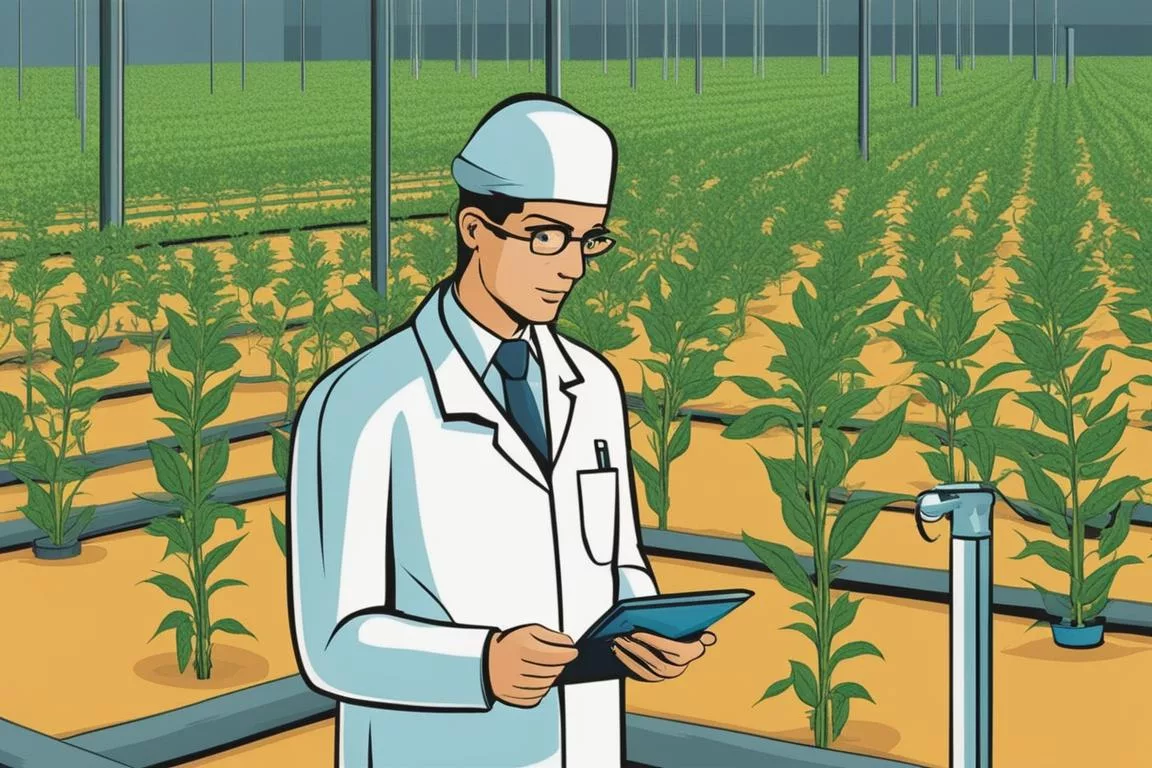
Biotechnology holds the promise of developing crops that are more resilient to climate change, pests, and diseases. Through genetic modifications, scientists are creating plant varieties that require fewer inputs and can withstand harsh environmental conditions. This not only boosts food security but also reduces the environmental impact of agriculture. Critics abound, but the potential benefits for sustainability cannot be ignored.
Sustainable agriculture technologies are at the forefront of the fight against climate change and food insecurity. They offer a beacon of hope for a sustainable, food-secure future. For those interested in diving deeper into how technology can combat climate change, consider exploring the following:
- Smart Farming for Climate Adaptation
- Bioenergy Technologies
- Green Building Tech Solutions
- Carbon Capture Technologies
- How Can Technology Help Conserve Biodiversity?
- Water Conservation and Tech
- Nanotechnology in Climate Solutions
- The Power of AI in Accelerating Sustainable Energy Solutions
- Overview of Technology Use in Climate Action
- Environmental Analytics for Assessing Ecosystem Health: Tools and Techniques
In conclusion, the technologies highlighted offer a glimpse into a sustainable agricultural future, one that respects the planet while feeding its inhabitants. As these technologies evolve and become more integrated into our daily lives, the dream of a sustainable, food-secure world becomes increasingly attainable. The journey is long, and the challenges are many, but with innovation and commitment, a greener future is within our grasp.
Frequently Asked Questions
Q: What is sustainable agriculture technology?
A: Sustainable agriculture technology aims to minimize environmental impact while maximizing productivity.
Q: How does sustainable agriculture technology help combat climate change?
A: It reduces greenhouse gas emissions, conserves water, and promotes soil health, all contributing to climate change mitigation.
Q: Who benefits from sustainable agriculture technologies?
A: Farmers, consumers, and the environment all benefit from the adoption of sustainable agriculture technologies.
Q: What if I don’t have the resources to invest in sustainable agriculture technology?
A: There are government grants and programs available to help offset the costs for farmers and businesses.
Q: How can I implement sustainable agriculture technology on my farm?
A: Start by incorporating precision agriculture, renewable energy, and organic farming practices to reduce your environmental footprint.
Q: What are some objections to sustainable agriculture technology?
A: Some may argue that the initial investment is too high, but the long-term benefits outweigh the costs in terms of sustainability and productivity.
